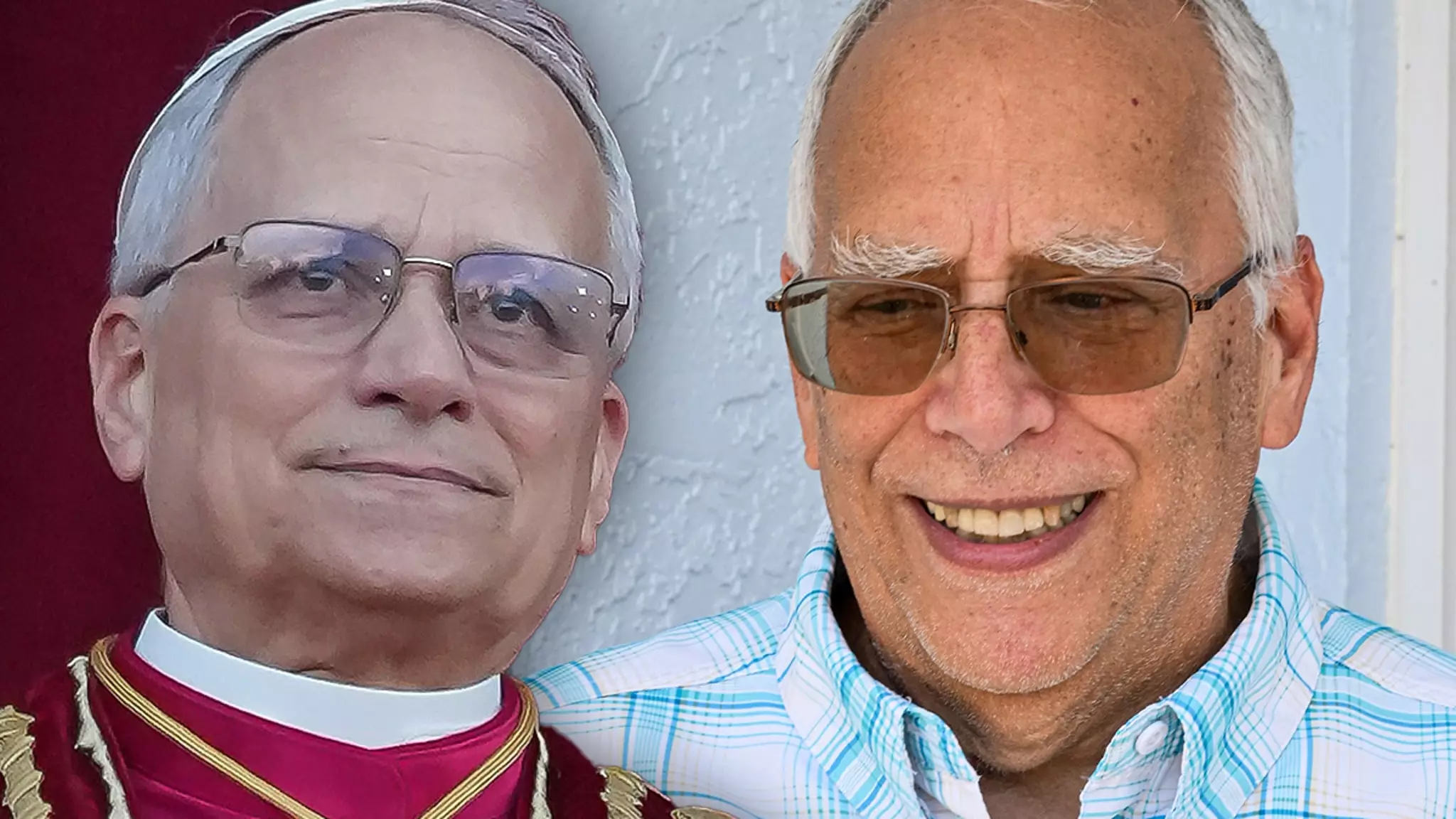The emergence of conflicting political opinions among figures of authority can be just as explosive as it is revealing. A recent controversy surrounds Louis Prevost, the brother of Pope Leo XIV, whose unsavory social media post featuring Nancy Pelosi has ignited heated debates about the propriety of clergy engaging in political discourse, especially when it veers into disrespect. This incident not only highlights the raw emotions that politics can elicit but also calls into question the responsibility that individuals in religious positions have while navigating public platforms.
While it is not uncommon for personal opinions to be shared publicly, especially in this age of social media, Prevost’s choice to reshare a post containing a derogatory term for Pelosi raises significant ethical questions. The fact that he chose to amplify such language reflects a broader trend in political dialogue that often sacrifices civility for sensationalism. In an era where polarization is rampant, how can we expect leaders—spiritual or otherwise—to guide us when their rhetoric mirrors the most inflammatory voices in the public sphere?
The Role of Faith in Political Discourse
The juxtaposition of faith and politics remains a complicated relationship, especially for those who are tasked with spiritual leadership. Pope Leo XIV, as the first American pontiff, is placed in a spotlight that demands attention, not just for his religious duties, but also for the political implications of his family ties. As Prevost vocally supports conservative ideologies while sharing a social media platform riddled with incendiary language, one has to wonder how this might reflect on the pontiff’s papacy.
Moreover, Prevost’s social media habits could also lead to uncomfortable situations, particularly considering Nancy Pelosi’s history with the papacy. Pelosi has received communion in the Vatican, further complicating matters of faith and political stance. If these two were to ever cross paths, what could the implications be for Pope Leo XIV, who might find himself navigating the perplexing waters between familial allegiance and his own theological responsibilities?
Implications for Future Leadership
Looking forward, the question remains: how will Pope Leo XIV reconcile his brother’s overt political inclinations with the values of compassion and understanding that the Church upholds? As the public increasingly scrutinizes the private lives of public figures, particularly those with immense influence, the potential ramifications become clearer. This issue magnifies the need for leaders to center their discourse around mutual respect and common goals rather than inflammatory rhetoric.
Prevost identifies as a strong supporter of Donald Trump, which might shape public perception of Pope Leo XIV’s future interactions within the political landscape. It also introduces the possibility of tension between the papacy and various political factions. The challenge lies in how to articulate beliefs without relinquishing the essence of spiritual leadership, aiming instead for a dialogue rooted in empathy rather than disdain.
As this story continues to unfold, it serves as a poignant reminder of the unique challenges faced by those in positions of authority—especially when their personal beliefs collide with the broader societal expectations of their vocations.

